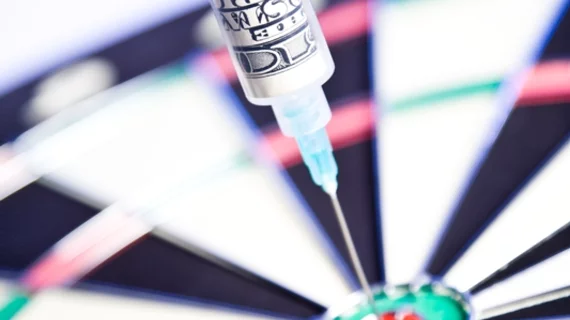UPMC designates $1B investment in life sciences
The innovation and venture capital arm of University of Pittsburgh Medical Center (UPMC) is planning to invest $1 billion into life sciences to develop new drugs, diagnostics and devices over the next four years.
The entity, UPMC Enterprises, has committed $200 million to fund an immonotherapy-focused partnership with the University of Pittsburgh. It will also seek investments and partnerships globally that complement ongoing work in Pittsburgh.
The announcement comes on the heels of UPMC’s plans to launch another initiative to address social determinants of health and reduce health inequities in underserved communities.
UPMC Enterprises has already formed five companies in the last two years focused in translational sciences, and it has invested in Werewolf Therapeutics, a biotech company, and more than 30 other projects covering immunotherapies for cancer, transplantation, aging diseases, retinal and respiratory disease, autoimmune disease, neuroinflammation and more.
“The common link among our investments will be that each has a direct and powerful impact on how we care for patients, while generating a significant financial return,” UPMC Enterprises Executive Vice President Jeanne Cunicelli said in the announcement.
Some of the startups UPMC has invested in include Generian, BlueSphere Bio, TTMS and Abound Bio. To date, UPMC has invested more than $800 million, mostly within digital health, bringing returns of more than $1.5 billion.
“In a very short time, UPMC Enterprises has backed a promising pipeline of companies and research that could radically change the way we treat some of the world’s most devastating diseases,” Steven Shapiro, MD, chief medical and scientific officer at UPMC, said in a statement. “Our scientists at Pitt—along with others globally who will enrich their efforts—are seeing the results of their research moved out of the lab and into the commercial realm at a speed and cost that previously wasn’t possible in the academic environment. That’s good news for our patients and millions of others worldwide who will one day benefit from these treatments.”
Editor's note: This story has been updated to reflect UPMC Health Plan is not involved with this announcement.

